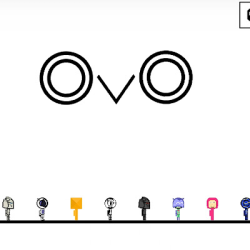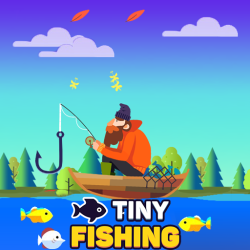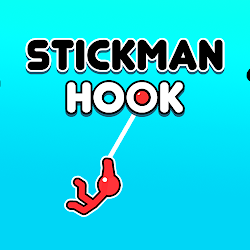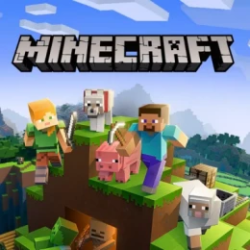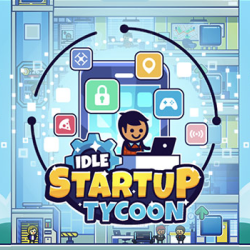How Games Can Improve Problem-Solving Skills
In a world where attention spans are shrinking and information overload is real, games have emerged as more than just a way to pass time. For students and learners of all ages, games—especially interactive browser games—are proving to be powerful tools that stimulate the brain, foster critical thinking, and enhance problem-solving skills.
While traditionally associated with entertainment, games are increasingly becoming recognized for their educational value, particularly when it comes to developing skills that are crucial both in academics and in real-life decision-making. From puzzle-solving to strategy-based games, the process of learning through play is no longer reserved for young children—it’s a lifelong skill enhancer.
The Link Between Games and Cognitive Development
Cognitive development refers to how a person learns, processes information, and develops problem-solving abilities. Games challenge players to evaluate situations, make decisions quickly, and adapt to new conditions—skills that align closely with the foundations of executive functioning.
When students engage in browser-based games like strategy simulators, logic puzzles, or physics-based challenges, they’re essentially training their brains to think differently. These games require pattern recognition, logical sequencing, and goal-oriented thinking, all of which are hallmarks of cognitive flexibility.
Critical Thinking in Game-Based Environments
Many games rely on strategy and critical thinking rather than speed alone. These types of games teach players to pause, reflect, and make informed decisions. For example, resource management games challenge players to allocate limited assets efficiently to succeed.
Such games mirror real-world scenarios and prepare players—especially students—for complex decision-making processes they’ll face in school and beyond. This encourages student engagement and keeps the brain active in ways that traditional learning tools may not.
Learning Through Play: A Research-Backed Approach
Learning through play is not just a trendy term—it’s a scientifically supported approach to education. According to child development research, play-based learning leads to improved outcomes in areas such as memory retention, problem-solving, and communication skills.
Gamified learning platforms offer an environment where failure is safe and experimentation is encouraged. When players fail in a game, they try again with a new approach. This builds resilience, grit, and the ability to learn from mistakes—key ingredients in effective problem-solving.
Real-Life Problem-Solving Skills from Online Games
Even simple browser games like maze navigators, math-based challenges, and physics puzzles help build problem-solving abilities. Here’s how:
- Observation: Players must pay attention to patterns and environmental cues.
- Hypothesis Testing: Trying different strategies until one works.
- Abstract Thinking: Making connections between different parts of a puzzle.
- Time Management: Working under time constraints sharpens planning skills.
Games like OvO, Tiny Fishing, and Stickman Hook offer quick, casual challenges that encourage players to engage with problems creatively.
Top Picks on Classroom15x
Tips for Parents and Educators
- Choose age-appropriate games with learning objectives.
- Use games as a reward for task completion or during breaks.
- Discuss what was learned during or after gameplay.
- Look for games that emphasize strategy, logical thinking, or pattern recognition.
Final Thoughts
Games are no longer just entertainment. When selected mindfully, they are powerful tools for education, enhancing everything from cognitive development to resilience and logic. In the classroom or at home, introducing students to browser games that promote problem-solving can make learning more engaging, interactive, and impactful.
